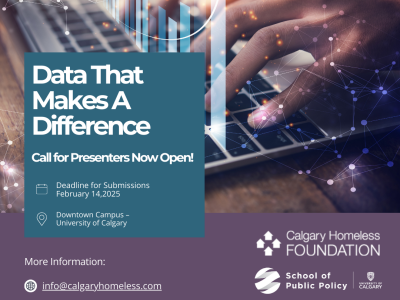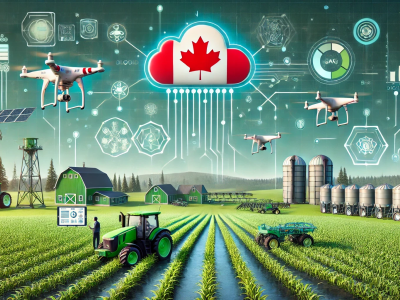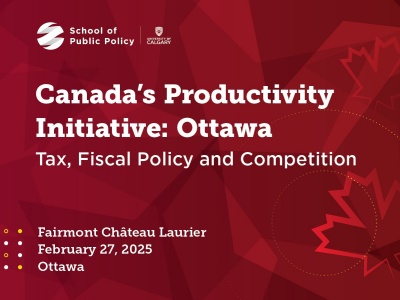Opinion: Is Alberta ready for the Fourth Industrial Revolution?

We are in the midst of a pivotal social and economic transformation; whether we know it or not, humanity — Alberta inclusive — has entered the early stages of the Fourth Industrial Revolution. Advancements in computing, particularly the proliferation of machine learning within the Artificial Intelligence domain, are credited as heralds for this shift in the same ways steam engines, internal combustion and the internet marked the First, Second, and Third Industrial Revolutions, respectively.
Our daily lives are already algorithmically-augmented and assisted in much more subtle, unforeseen and countless ways that stand far from robots and danger — from our Netflix-viewing or Spotify-listening preferences, to predictive search results and news feeds, to ride-sharing and air transportation.
So what’s this got to do with our new government?
Given the impacts of AI and automation on employment across income levels, we have to elevate our conversations about the economy beyond pipeline ping-pong. What are we doing to ready ourselves and our children for the Fourth Industrial Revolution? It’s about more than unemployment metrics in the next few months, it’s about foreseeing the dismantling of entire industries in the next few years. This impacts our education and social services, health care and relations within and beyond the federation.
Alberta, with its entrepreneurial acumen, under the right leadership can be a winner in this transformation. But it can only do so intentionally: we are already falling behind the technology superclusters of B.C. and Ontario, yet have the most to win with the right incentive structures and employment reskilling efforts. This new government can choose to steer us towards these critical conversations to shape a strategic vision for the future of this province in the age of AI.
What should we be paying attention to in policy?
We’ve all heard the policy advice about how we need to transform our students and oil/gas workers into AI engineers or how we need to invest in high tech-everything. Governments all over the world grapple with attracting and nurturing talented workers with certain skills, while investing in education and retraining current and future workforces in AI and new technologies.
This diversification is all well and good, but what exactly can Alberta do better than other jurisdictions well ahead of us in this space? (Let’s be honest, we’re no Silicon Valley.)
Tech innovation is not just about the tech, it’s about social and health outcomes as well. I would propose that we can be leaders in social tech innovation: this means we are intentional about the pursuit of economic and social outcomes in an integrated fashion. And while we might follow suit in our approach to future-proofing our economy, what might put us ahead of the curve is simultaneously also investing heavily in the systematic disruption of our social and health delivery systems to ready these for the next decade and beyond. And yes, this means that ideas like universal basic income (and universal basic services) should be part of our economic/social policy debates.
Challenging the bifurcation of the social and economic in our approach to policy has been a thorn in our best intentions to proactively and effectively responding to social challenges like homelessness, poverty, addiction or mental health. And while we intuitively get that economic growth/decline will have a social impact, and vice versa, for some reason we’ve planned our investment in the social safety net (education, health, social services, housing) without a clear line of sight to the economy. That hasn’t worked in the first three industrial revolutions, and it’s not about to resolve itself as we enter the fourth.
Let’s hope Alberta will apply the hard lessons learned from our topsy-turvy economic past to build a truly resilient future.
Alina Turner is a fellow at the University of Calgary’s School of Public Policy and co-founder/CEO of HelpSeeker.
Source: Calgary Herald


